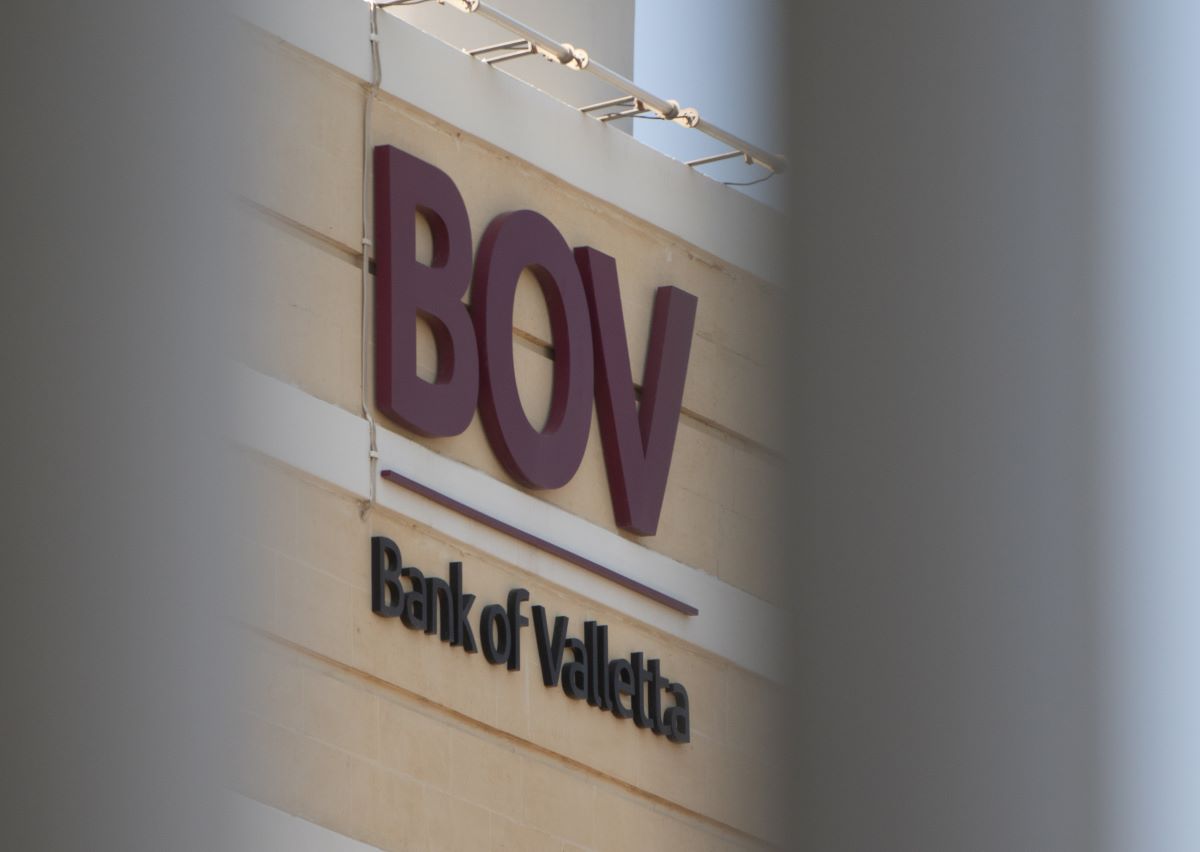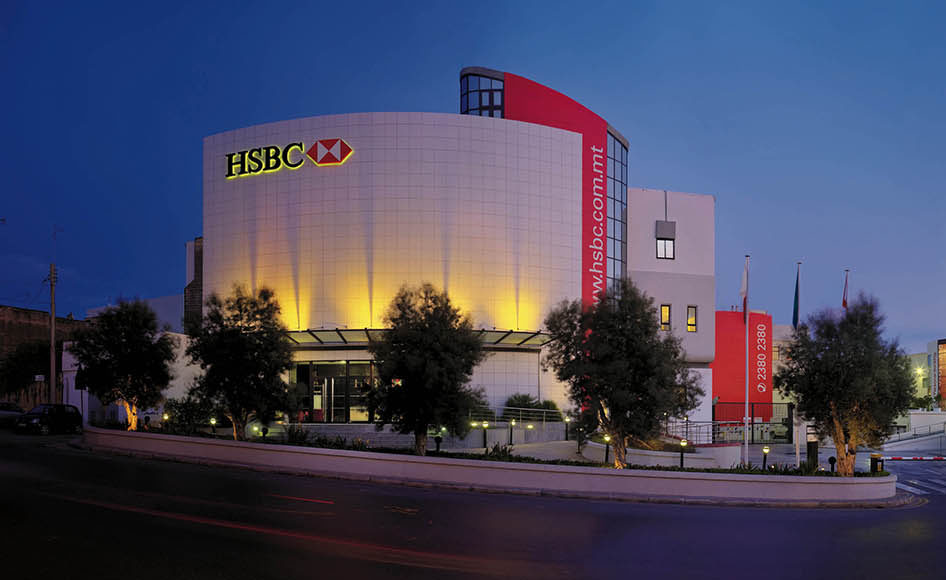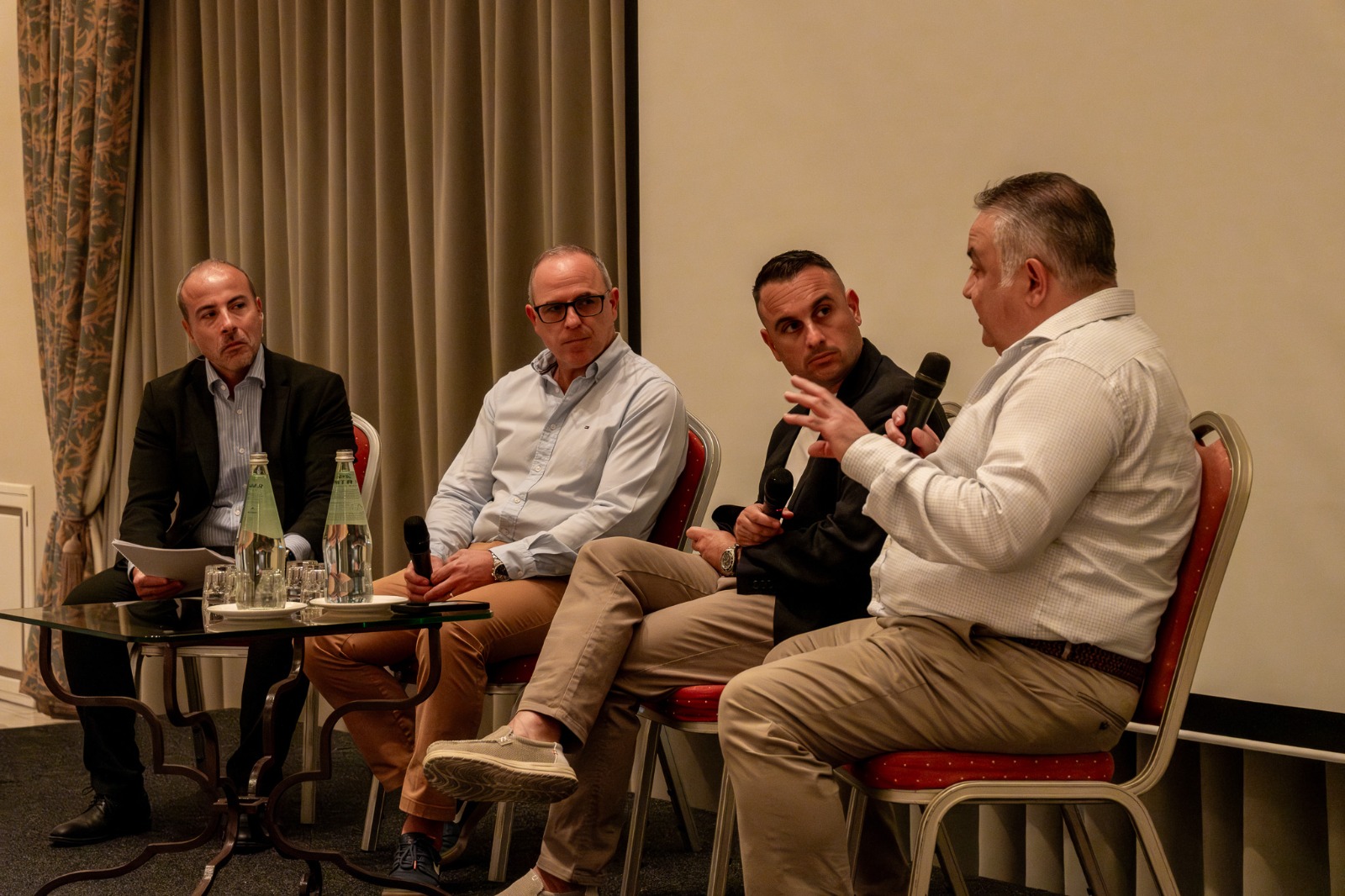Small and medium-sized enterprises (SMEs) continue to be a cornerstone of Malta’s economy. According to Statista’s most recent data (published in 2022), the nation is home to approximately 33,442 SMEs, with the majority categorised as micro-enterprises employing fewer than 10 individuals. This means that SMEs account for nearly a quarter of all registered businesses on the island, a trend which aligns closely with the insights of Mark Scicluna Bartoli, Bank of Valletta’s Product Development Executive, whose work focuses on creating risk-sharing financial instruments in collaboration with the European Investment Fund (EIF) and the Malta Development Bank (MDB).
Mark has observed a growing entrepreneurial spirit on the island in recent years. “At BOV, we’ve noticed increased interest among young entrepreneurs eager to start their own businesses,” he explains. “The market has been alive with activity, with more individuals exploring new ventures across many industries.”
All this has been a key motivator for BOV to launch two new loan products designed specifically for SMEs. “The SME Grow and SME Grow Green financial instruments have been developed to make financing more accessible for smaller businesses,” Mark says. “We’ve achieved this by reducing interest rates, lowering collateral requirements, and asking for a smaller contribution from SMEs. The SME Grow Green goes a step further by offering even lower interest rates for businesses investing in green assets. Both products are designed to help SMEs grow while keeping repayment terms as manageable as possible.”

Exploring the products in more detail, the SME Grow loan is designed for SMEs with fewer than 250 employees across many sectors of the Maltese economy. It allows businesses to borrow between €10,000 and €750,000 to finance new investments, with a competitive variable interest rate of 3.8 per cent per annum. Additionally, SMEs benefit from a reduced contribution requirement of just 5 per cent.
Meanwhile, the SME Grow Green loan offers the same funding limit but at an even lower variable interest rate of 2.8 per cent per annum. This product is specifically tailored to support businesses investing in environmentally sustainable projects, such as energy-efficient equipment, electric vehicles, or green building enhancements, like insulation and smart lighting.
“We anticipate these loans to benefit a wide range of industries, from the wholesale and retail sector to hotels and restaurants, logistics and transport companies, and more,” Mark adds. “Those operating in the digital or tech spaces will find these products particularly ideal due to the lower collateral requirements. And these loans also make financing more accessible for startups with a clear revenue stream but limited physical assets.” However, he notes that certain sectors, including gaming and real estate development, are ineligible for these instruments.
In addition to the financial benefits to clients, the SME Grow Green loan is simultaneously playing a role in advancing BOV’s own environmental, social, and governance (ESG) strategy by incentivising businesses to adopt greener practices and reduce their carbon footprint. “As part of our climate and environmental targets, we’ve set clear thresholds for financing green assets, and the Grow Green product directly supports these goals,” Mark explains.

For businesses eyeing assets with a green focus, the bank evaluates how each of these investments contributes to lowering CO2 emissions. “Ultimately, it’s about helping businesses transition more seamlessly to greener operations,” Mark adds. “The more businesses adopt these practices, the closer we move to a more sustainable economy that benefits everyone in Malta.”
Over and above offering easier access to financing, BOV also remains committed to providing businesses with valuable advisory support to help them navigate the complexities of structuring their investment plans. “We actively engage with our clients to understand their goals and ensure their plans align with EU regulations, which can sometimes be challenging to interpret,” Mark explains. “This often involves combining our lending solutions with government grants and incentives to maximise the benefits. We’re here to support them at every step of the process.”
For businesses that fall outside SMEs, BOV offers alternative risk-sharing products developed with the Malta Development Bank (MDB). These products are designed to finance costs that fall outside the scope of the SME Grow programmes, such as larger investments or businesses exceeding the 250-employee threshold.
And with a tech boom on the island, BOV is also actively engaged in supporting technology startups in emerging sectors like AI. By leveraging risk-sharing instruments and standard lending facilities, the bank is ensuring these startups have access to the capital they need to grow. However, Mark notes, “Our financing is linked to startups with defined revenue streams. For businesses without clear income or corporate backing, equity or seed funding is often a better first step than bank lending.”
For the time being, the focus is firmly on SME Grow and SME Grow Green, and spreading the word to ensure more businesses explore these financing options. “I encourage any business to reach out to their BOV contact point so we can start the process and assess their eligibility,” Mark says. “We’re here to guide them through every step, from documentation required, such as business plans and financing objectives, to exploring the potential of their investment.”
Mark emphasises that the application process is straightforward, with many eligible costs qualifying under the loan schemes. “Even if a business doesn’t fit the criteria for these specific loans, we can guide them toward alternative schemes that suit their needs,” he adds. “It’s all about finding the right solution to help businesses grow and succeed.”
The BOV SME Grow and the BOV SME Grow Green are funded by the European Union through the European Regional Development Fund with the financial backing of the Republic of Malta under the InvestEU Member State Compartment for Malta.
All loans are subject to normal bank lending criteria and final approval from the Bank. Bank of Valletta p.l.c., 58, Triq San Żakkarija, il-Belt Valletta, VLT 1130. Bank of Valletta p.l.c. is a public limited company regulated by the MFSA and is licenced to carry out the business of banking in terms of the Banking Act (Cap. 371 of the laws of Malta).
Maltese retailers warned to adapt as consumer loyalty declines
Malta Business Network panel explores impact of changing consumer habits
Full-time employment in Malta rises 3.7% in March as labour market expands
Administrative data provided by Jobsplus shows that the labour supply (excluding part-timers) reached 295,814
Malta in the running for Delta Air Lines’ new transatlantic route
At present, travellers between the US and Malta rely on stopovers in major European cities






